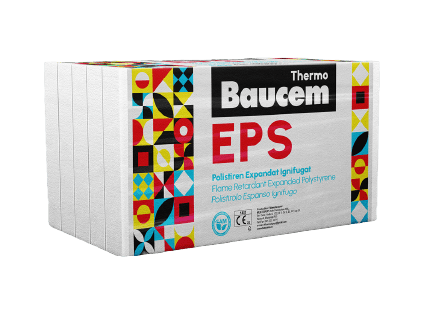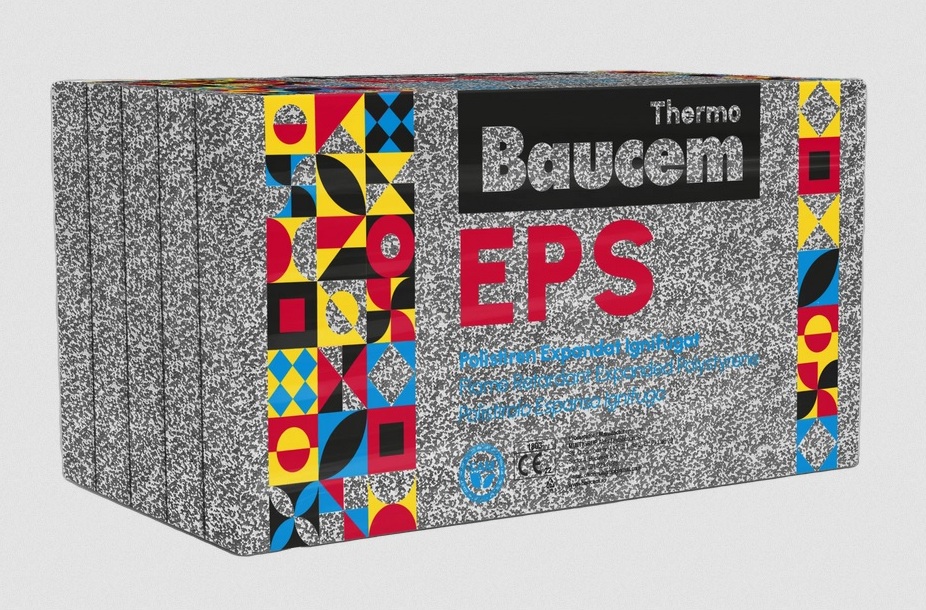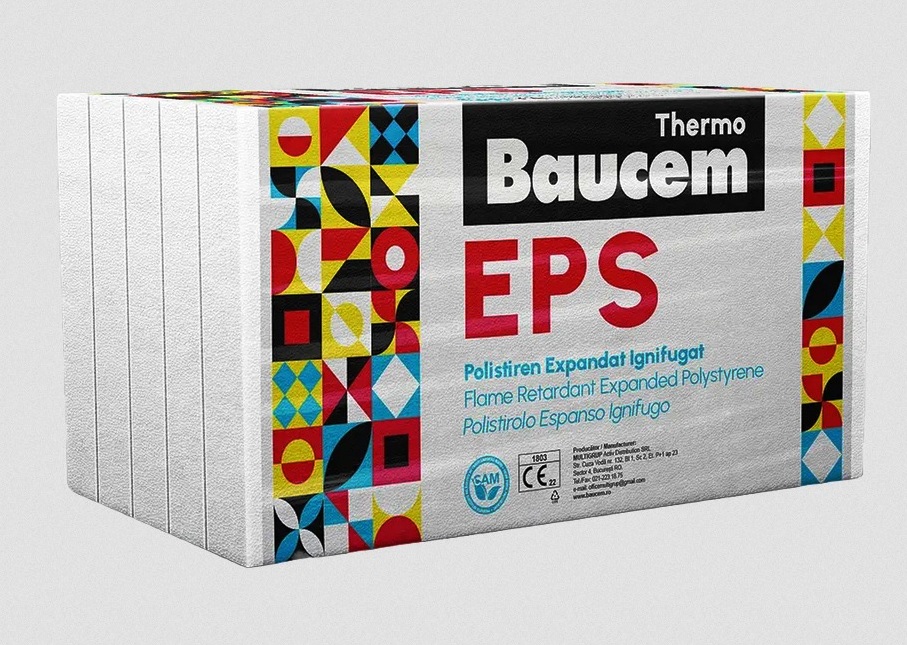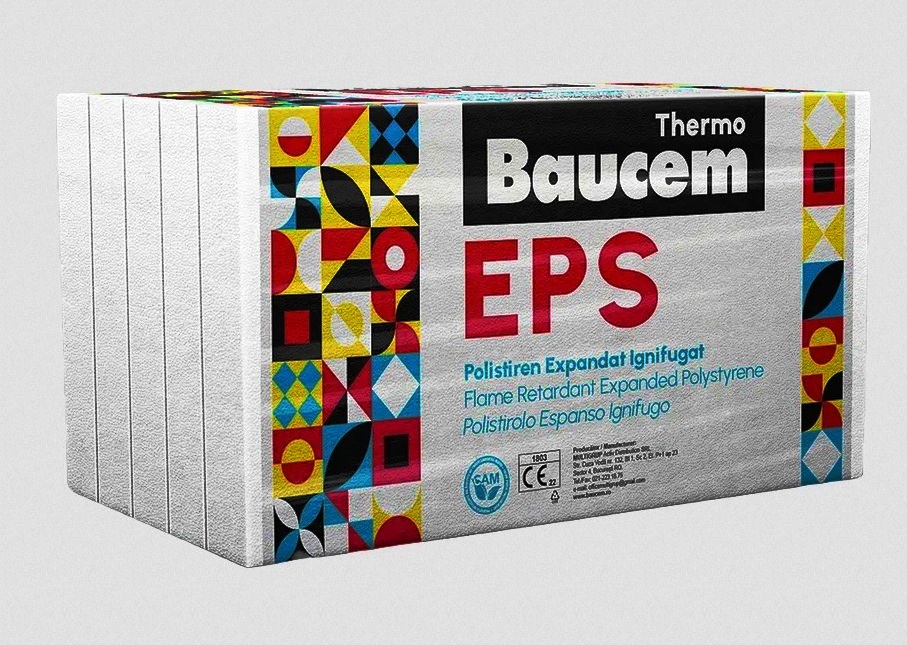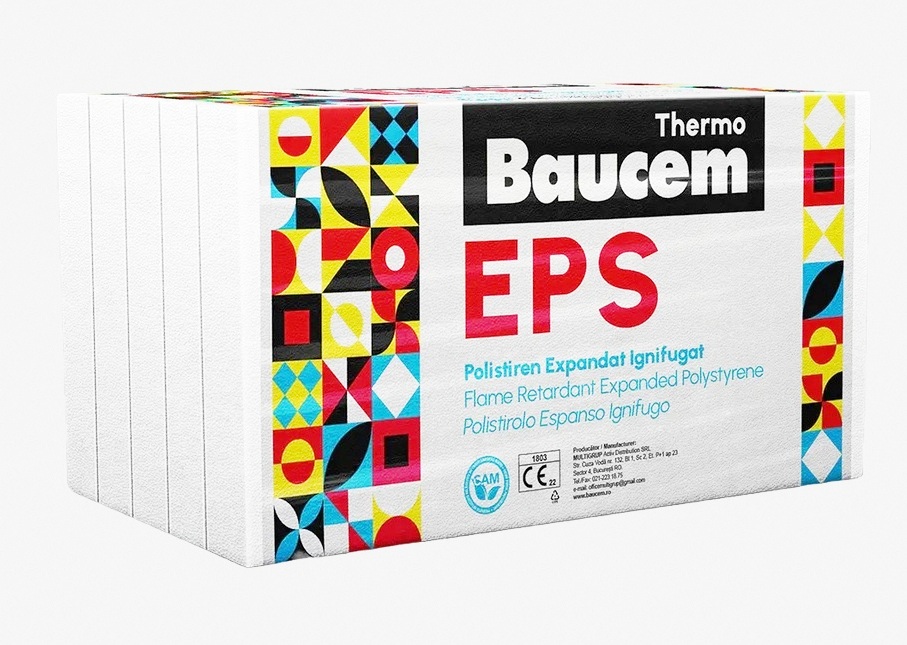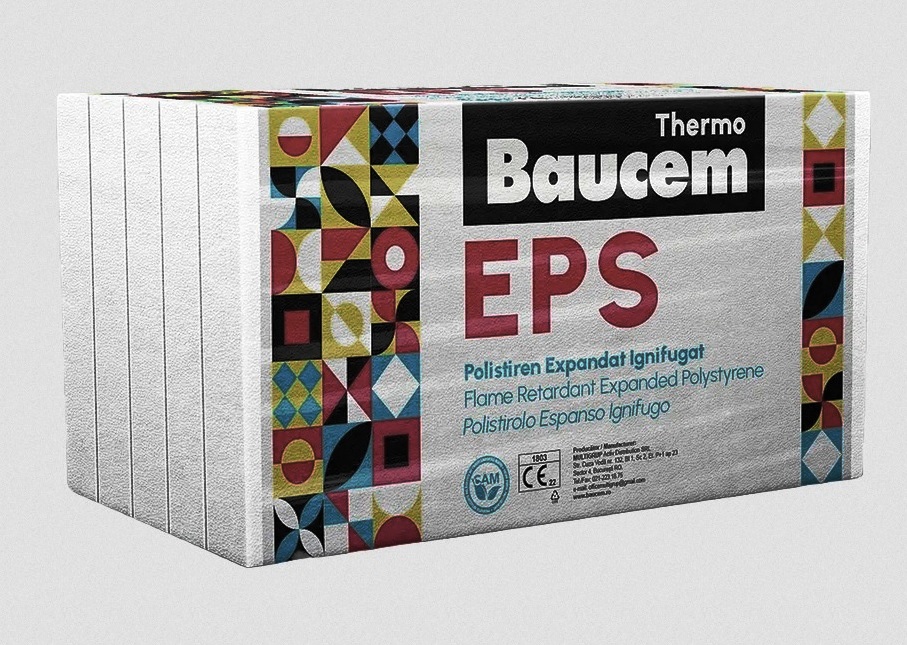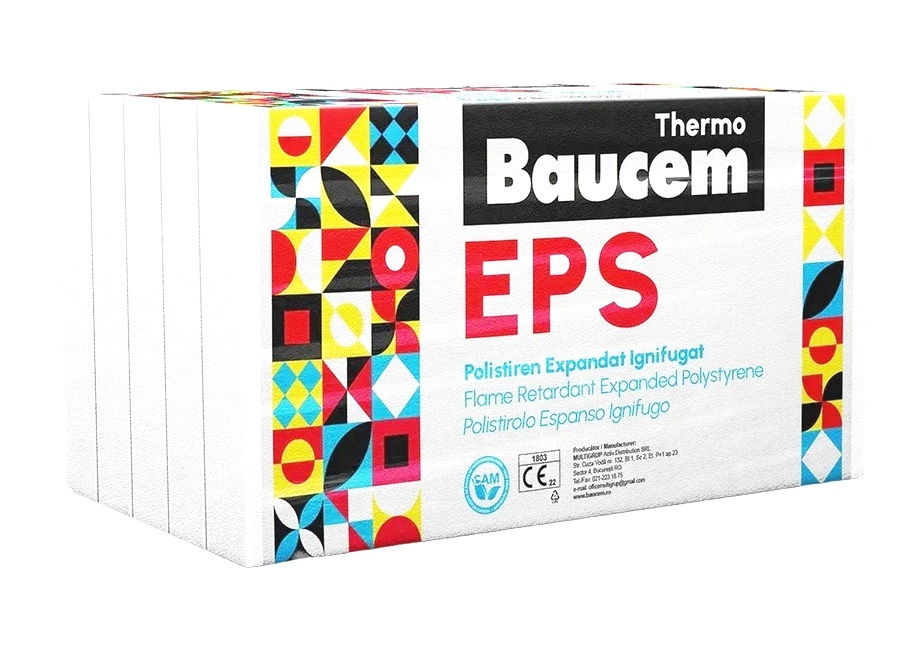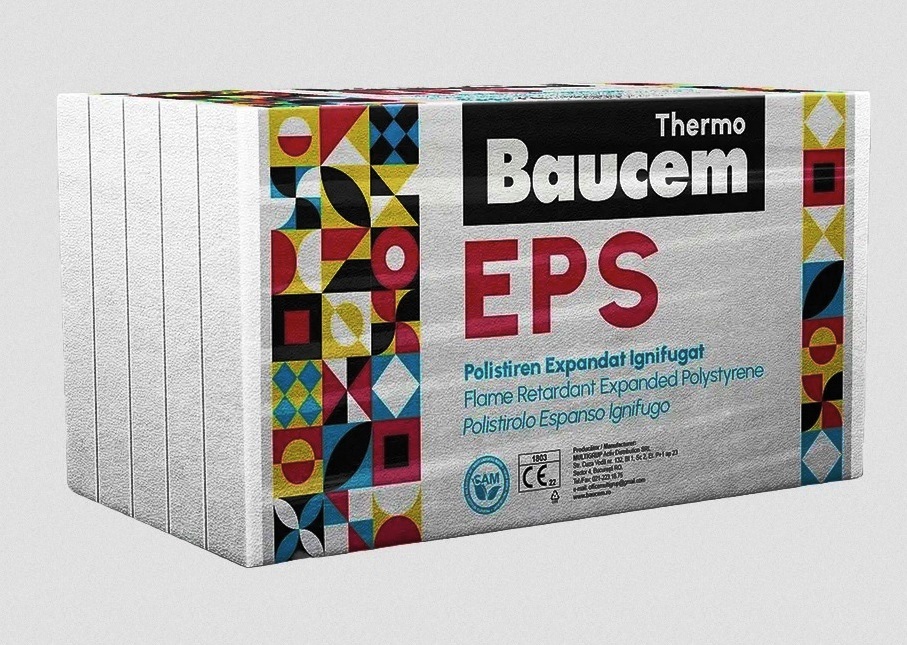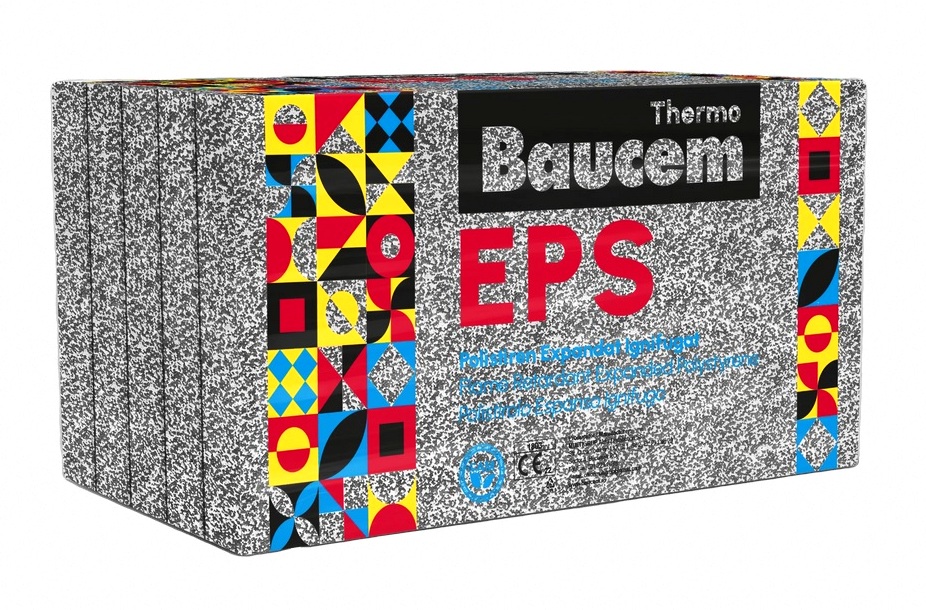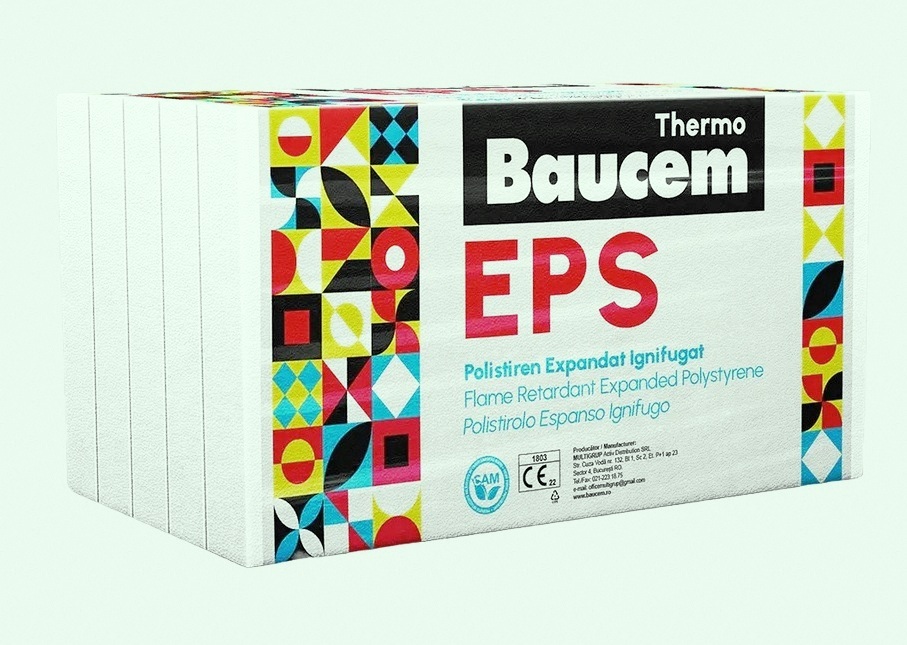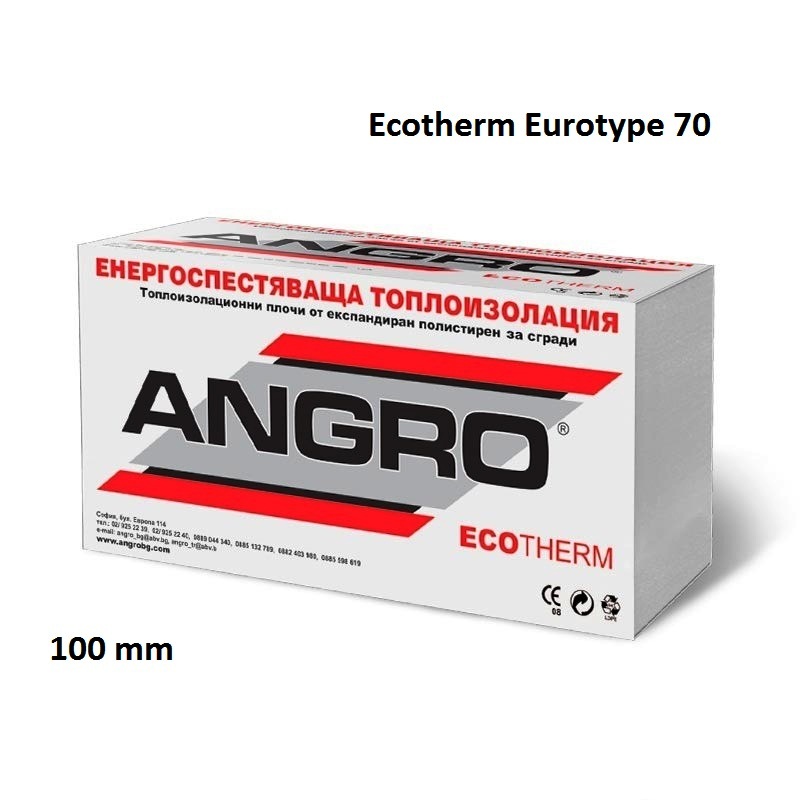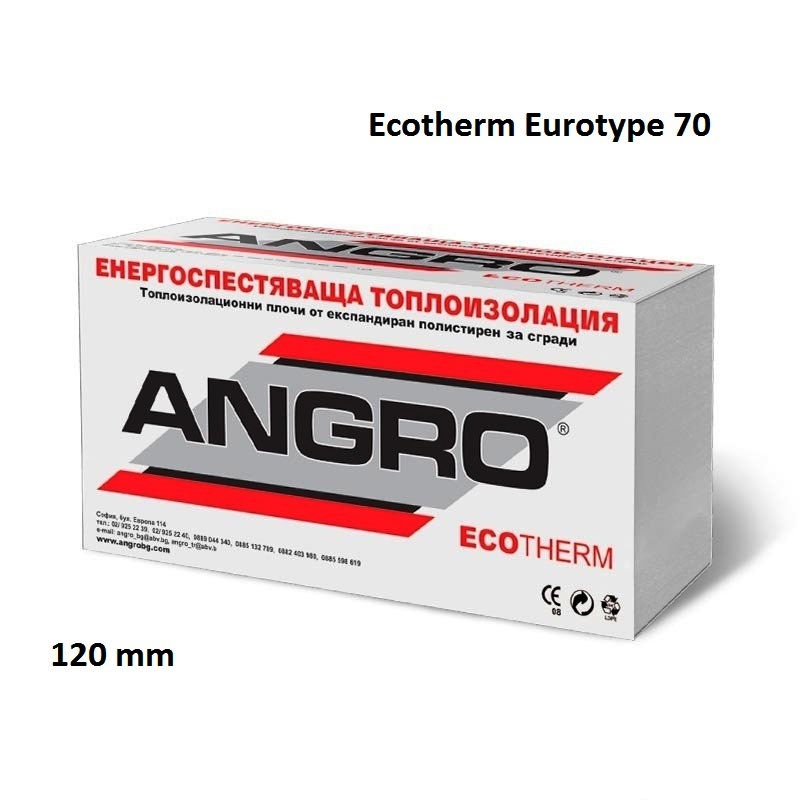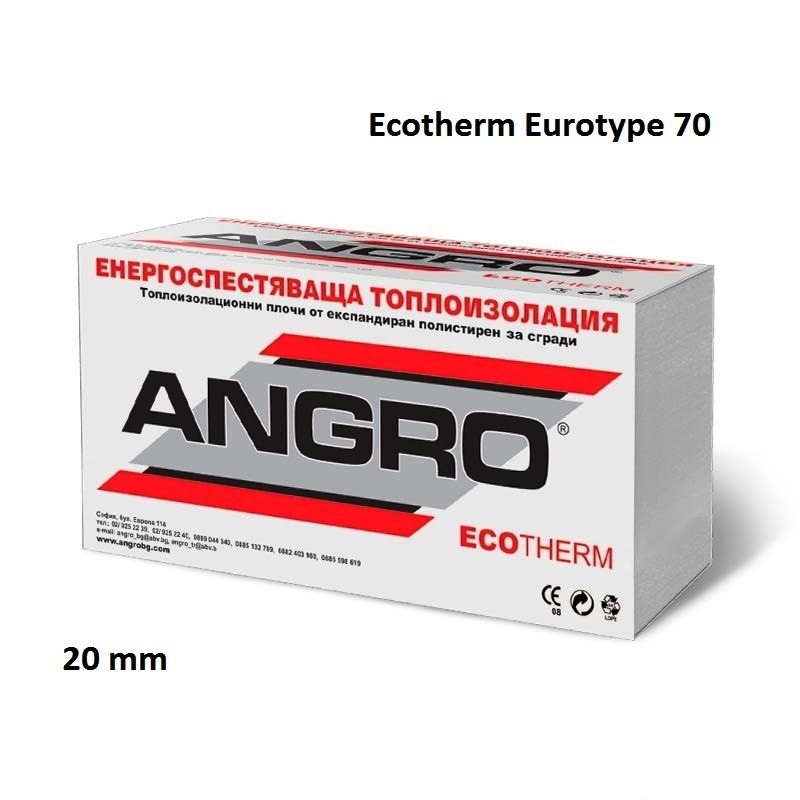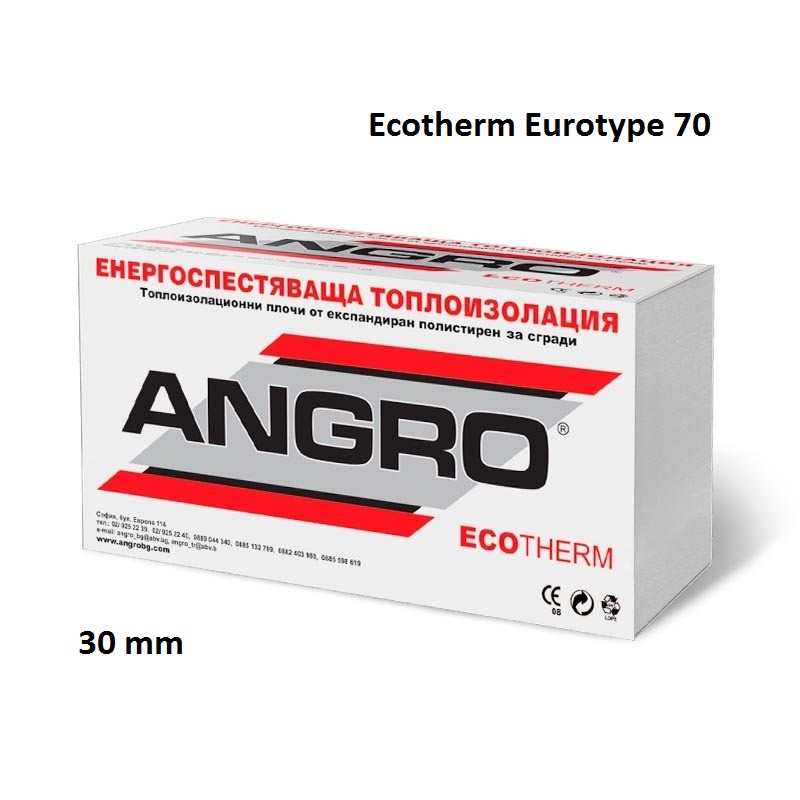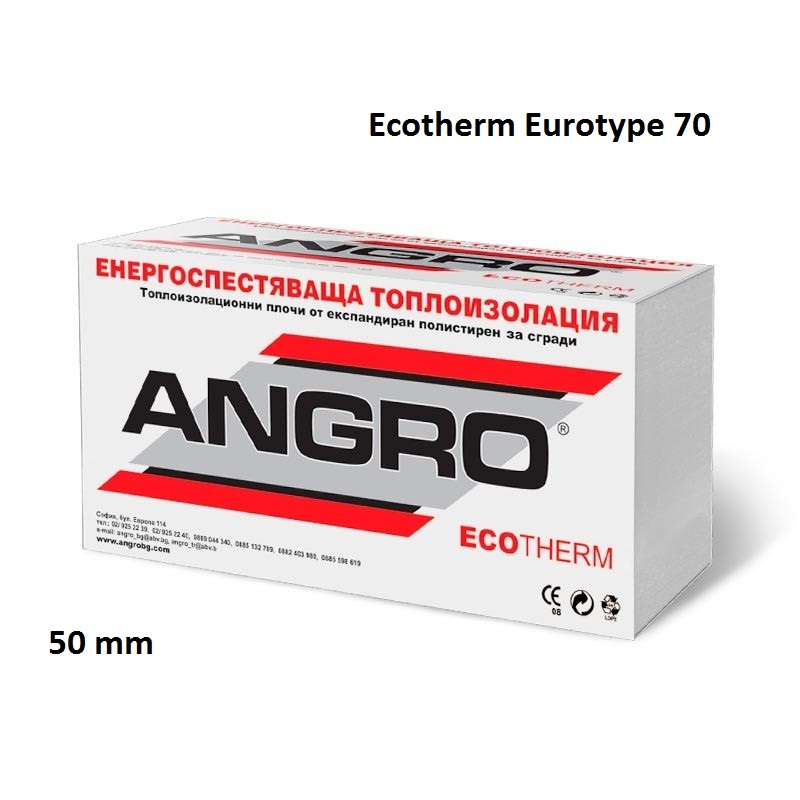Expanded polystyrene
Showing 1–16 of 75 results
Quantity per carton
12 product
Quantities per pallet
60 product
Мinimum quantity
100 product
Delivery time
14 days
Quantity per carton
12 product
Quantities per pallet
60 product
Мinimum quantity
100 product
Delivery time
14 days
Quantity per carton
12 product
Quantities per pallet
60 product
Мinimum quantity
100 product
Delivery time
14 days
Quantity per carton
12 product
Quantities per pallet
60 product
Мinimum quantity
100 product
Delivery time
14 days
Quantity per carton
12 product
Quantities per pallet
60 product
Мinimum quantity
100 product
Delivery time
14 days
Quantity per carton
12 product
Quantities per pallet
60 product
Мinimum quantity
100 product
Delivery time
14 days
Quantity per carton
12 product
Quantities per pallet
60 product
Мinimum quantity
100 product
Delivery time
14 days
Quantity per carton
12 product
Quantities per pallet
60 product
Мinimum quantity
100 product
Delivery time
14 days
Quantity per carton
12 product
Quantities per pallet
60 product
Мinimum quantity
100 product
Delivery time
14 days
Quantity per carton
12 product
Quantities per pallet
60 product
Мinimum quantity
100 product
Delivery time
14 days
Quantity per carton
12 product
Quantities per pallet
60 product
Мinimum quantity
100 product
Delivery time
14 days
Quantity per carton
12 product
Quantities per pallet
60 product
Мinimum quantity
100 product
Delivery time
14 days
Quantity per carton
12 product
Quantities per pallet
60 product
Мinimum quantity
100 product
Delivery time
14 days
Quantity per carton
12 product
Quantities per pallet
60 product
Мinimum quantity
100 product
Delivery time
14 days
Quantity per carton
12 product
Quantities per pallet
60 product
Мinimum quantity
100 product
Delivery time
14 days
Quantity per carton
12 product
Quantities per pallet
60 product
Мinimum quantity
100 product
Delivery time
14 days
Expanded Polystyrene (EPS) is a rigid, closed-cell, thermoplastic foam material produced from solid beads of polystyrene. These beads are polymerized from styrene monomer and contain an expansion gas (pentane) dissolved within the polystyrene bead. When heat (in the form of steam) is applied, the gas expands, causing the beads to expand and form closed cells of EPS.
EPS is used as a thermal insulator in walls, ceilings, and floors. It is also used as a formwork material for concrete casting.
At Musala Trade we offer high-quality EPS that we source directly from the manufacturer. This ensures that our EPS is of the highest quality and meets all industry standards. We are committed to providing our customers with the best possible EPS products and services.
How expanded polystyrene is installed
Expanded polystyrene (EPS) is a lightweight, rigid, and closed-cell foam plastic. It is made by expanding polystyrene beads with a blowing agent, such as pentane or carbon dioxide. The expanded beads are then molded into a variety of shapes and sizes.
EPS is a versatile material with a wide range of applications. It is commonly used as a thermal insulator in buildings and appliances. It is also used as a packaging material, a flotation material, and a cushioning material.
Some of the key properties of EPS include:
Lightweight: EPS is very lightweight, making it easy to transport and handle.
Rigid: EPS is a rigid material that can withstand a lot of weight.
Closed-cell: EPS is a closed-cell foam, which means that it is water-resistant and does not absorb moisture.
Good thermal insulator: EPS is a good thermal insulator, which means that it can help to keep buildings and appliances warm or cool.
Versatile: EPS can be molded into a variety of shapes and sizes.
Fields of application ot expanded polystyrene EPS
EPS is a versatile material with a wide range of applications. Some of the most common uses for EPS include:
EPS is a commonly used thermal insulator in buildings. It is used in walls, roofs, and floors to help keep buildings warm in the winter and cool in the summer.
EPS is a widely used packaging material. It is used to protect products during shipping and handling. EPS is also used as a cushioning material to prevent products from being damaged.
EPS is a lightweight and buoyant material. It is used in a variety of flotation applications, such as life jackets, buoys, and boat hulls.
EPS is a soft and resilient material. It is used as a cushioning material to protect products from being damaged during shipping and handling. EPS is also used in a variety of other applications, such as toys, furniture, and sporting goods.
How expanded polystyrene is installed
The installation process for expanded polystyrene (EPS) depends on the specific application and type of product you're using. Here's a general overview of the common methods:
Preparation:
Ensure the surface where you'll be installing the EPS is clean, level, and free of debris.
If necessary, measure and cut the EPS panels to the desired size using a sharp saw or a hot wire cutter.
Adhesive application:
Choose an appropriate adhesive for the specific use and substrate. The adhesive must be suitable for general bonding applications. Mastics are good for sealing around gaps and providing water resistance. There are also foam specific adhesives, formulated for optimal adhesion to EPS.
Attachment:
Apply the adhesive according to the manufacturer's instructions. This may involve spot application, full-surface coverage, or a combination.
Position the EPS panels onto the prepared surface and press firmly to ensure good contact. Depending on the size and application, additional mechanical fastenings like screws or anchors may be required.
Finishing:
In some cases, additional finishing steps may be needed, such as jointing seams. Fillers or sealants are used to cover gaps between panels for a smooth finish and improved water resistance. Depending on the application, additional protective coatings like paint or waterproofing membranes may be applied.
Specific applications
Insulation: Different methods may be used depending on the location (walls, roof, floor) and type of installation (interior, exterior).
Packaging: Typically pre-shaped and doesn't require complex installation.
Flotation: Securely attach to the desired structure using appropriate fasteners.
Additional tips
Always consult the specific product specifications and manufacturer's guidelines for detailed installation instructions. Use appropriate safety gear like gloves and glasses when working with EPS. Ensure proper ventilation during adhesive application and drying times.

